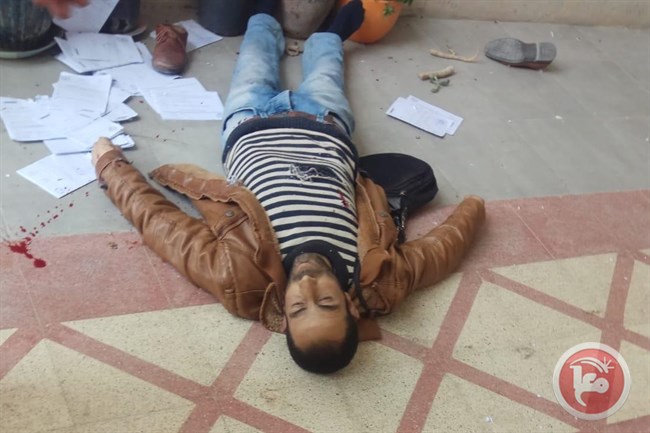Tag: Settler violence
-
South Hebron Hills: Settlers wielding sticks launch night attack on Palestinian home
June 17, 2019 | International Solidarity Movement | South Hebron Hills, occupied Palestine Settlers bearing sticks from the notorious Havat Maon illegal outpost tried to attack a Palestinian home two nights ago in the village of At-Tuwani, South Hebron Hills – the latest in a stream of attacks against the same home. The Zionist attackers…
-
On beauty in Al-Khalil
February 2019 | International Solidarity Movement, Al-Khalil team | Hebron, occupied Palestine I have spent about 30 days in Al-Khalil this year. A short stay by ISM standards, and nothing compared to the tens of thousands of people who call this place home. Despite this, I already feel that the city has got under my…


